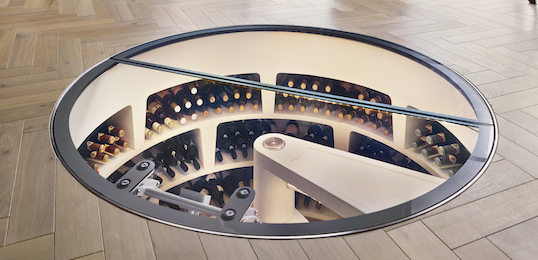The phrase “contains sulphites” is often seen on the labels of a variety of wines from all around the globe. It can cause many questions to arise, especially due to the chemical sounding nature of the warning.
However, this simple phrase is commonly misunderstood. Sulphites may sound inherently chemical, but are they really as bad as they appear?
What Are Sulphites?
“Sulphite” is the term given to sulphur dioxide which is a widely used preservative in the food and drink industry. Although it may sound like a very unnatural product, sulphites are actually a natural by-product of fermentation where yeast is involved.

This means that all wines will contain sulphites, whether additional levels are added during the fermentation process or not.
Why Are They Added to Wine?
Wine is considered to be a volatile perishable; it is known to oxidise easily and have a very short shelf life if stored improperly. Without sulphites, wine would perish within a few months and would need to be consistently stored in refrigerated, dry conditions in order to keep the freshness and flavour.
Sulphites help to prolong this shelf life while promoting the freshness of the wine – no matter what conditions the wine is kept in – due to the antioxidant properties of the sulphites.

Sulphites have been used in wineries throughout the ages, dating back as far as the Roman era. During this time, winemakers would burn sulphur candles in empty amphorae in order to prevent the wine stored in them from slowly turning into vinegar.
It wasn’t until the 1900s that sulphites were introduced into the winemaking process itself, where they were introduced to deter the growth of yeast and bacteria in the wine. This is because sulphites were found to have antibacterial properties which inhibited such bacteria from being able to form.
Sulphites are also known to help bring out the pigmentation in some wines, often giving red wines a deeper rouge appearance.
Are They Harmful?
As previously mentioned, sulphites can be found throughout the food and drink industry in various edible forms.
Generally, the consumption of sulphites is harmless to the digestive system and the body as a whole. However, there are individuals who are allergic to sulphites, for whom consumption can often lead to undesirable allergic reactions.

This reaction is extremely rare, but can lead to difficulty breathing, stomach pains and – in more serious cases – rashes and anaphylaxis. It is also more common to notice this allergy when eating foods containing sulphite, as the levels will be much higher than those found in wine.
For those connoisseurs who do have an aversion to sulphites, there is a variety of “sulphite free” wine available. These wines are made with very little or no sulphites, although many will often be red wines, with the tannin acting as the antioxidant in the absence of the sulphites.
Unless you are someone who reacts to sulphites, there is nothing to worry about when you see the “contains sulphites” label on your wine. In fact, the wine in your very own wine cellar will most likely contain some sulphites, but there are methods to reduce the amount in the wine before drinking if you are concerned – methods we will discuss in a subsequent post; so keep checking back!
For further information on how we can help you store your wine collection, please contact our team today on 0203 815 3329 or visit our Facebook and Twitter pages.





